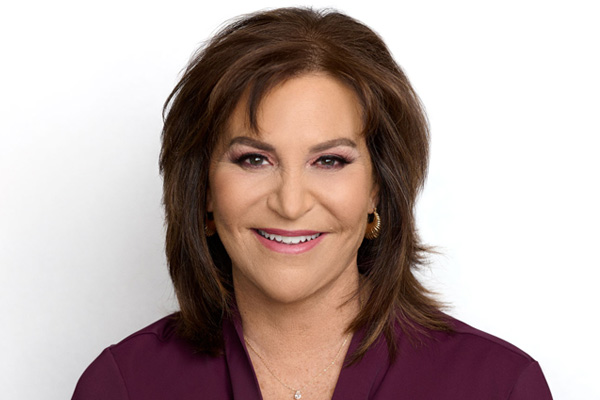Crises excite public outrage, media scrutiny, reporters’ accusatory questions, and a torrent of demands for comment. Furthermore, the frequency and intensity of that scrutiny grows in proportion to the perceived community impact and the prominence of individuals involved. After all, everyone assumes that somewhere, somehow, someone is to blame. Knowing how to handle media inquiries during a crisis is vital for organizations.
The first impulse of most clients is to dodge such requests or simply answer with, “No comment.”
Bad idea.
When KPRG provides strategic communications counsel, litigation support or reputation management to clients in crisis, we rarely support that approach. You don’t want to ignore a media inquiry and allow a reporter to write “so-and-so did not return repeated calls for comment.” And anyone reading “no comment” instantly thinks, “Oh, they’re guilty!”
Use the Media to Promote Your Message
Traditional media remains the public’s chief source of information (second in some instances to social media, but that’s a conversation for another blog). For that reason, responding to a direct media inquiry is the most straightforward way to get your message to the public. If you don’t engage, you lose an important opportunity to tell your side of the story – to help “shape the narrative” as we say. The public may view posts on your social media channels as biased and unreliable. The same statement in the body of a media report gains legitimacy simply by being included.
Respond With a Holding Statement if Appropriate
Responding to a media inquiry with a holding statement that is somewhat vague and conveys nothing that later can be disputed is a way to say no comment without saying “No Comment.” Consider comments like: “We are aware of the situation and hope to be able to share more soon.” / “Our focus is on our mission to provide the highest quality service to our employees/our customers.” / “Our thoughts are with the victims as we continue to work closely with appropriate authorities.” Carefully crafted messages like these can help protect the reputation of those involved simply because, while empty of real meaning, they demonstrate that you’re not hiding.
Don’t Expect Favorable Coverage
That’s not to say that the media report that includes your holding statement will always be favorable or sympathetic. The facts known at the time and the natural impulse of the news outlet to amplify conflict to engage readership can unbalance the scale against you. Nevertheless, boxing out the media won’t win you any sympathy or consideration by the reporter and will make subsequent attempts to shape the narrative even more difficult.










